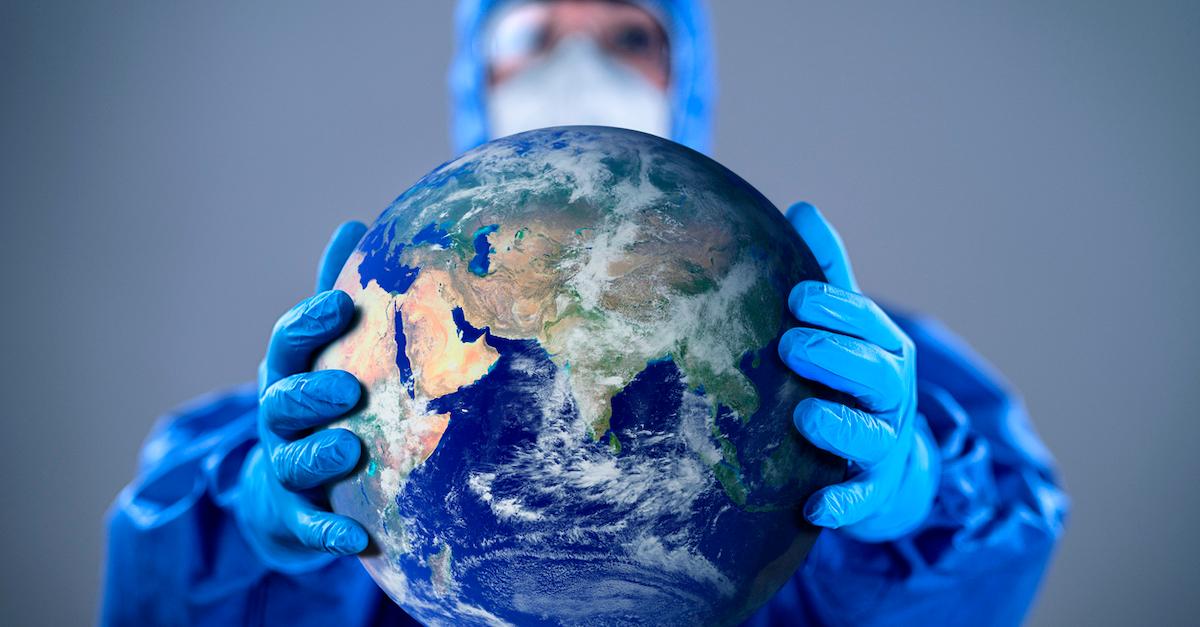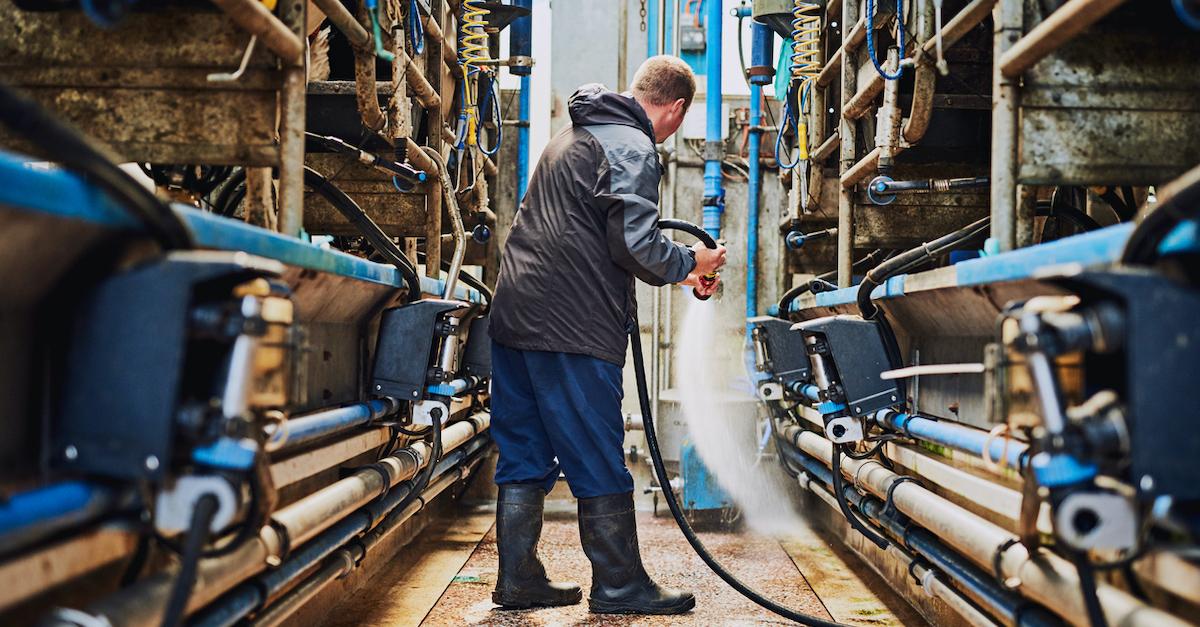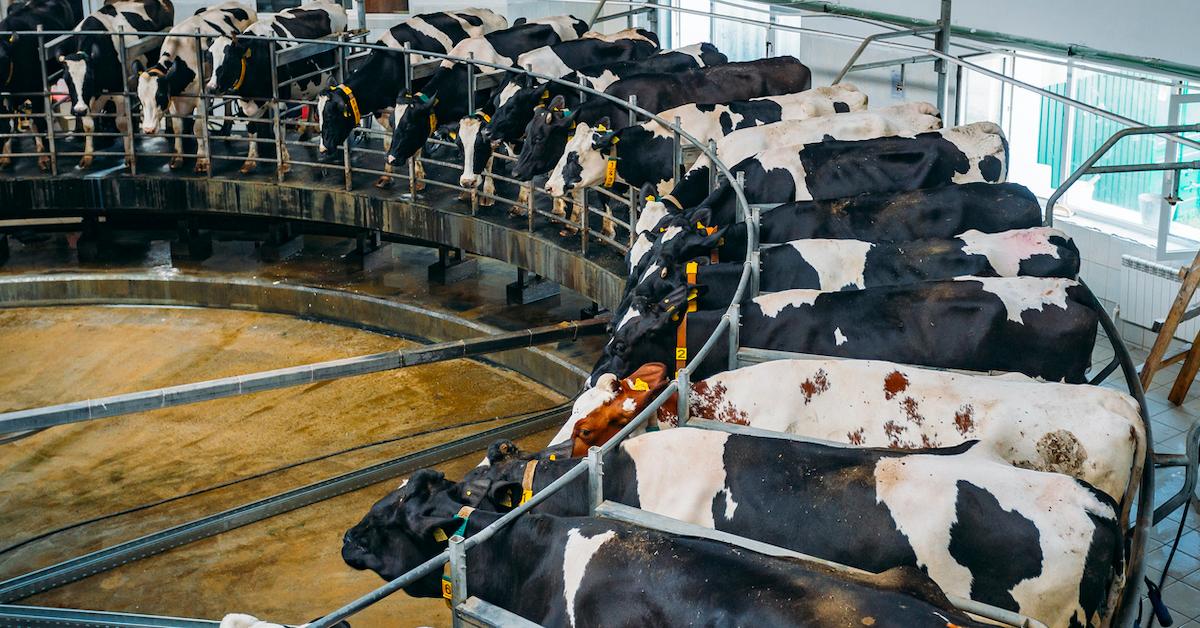Jane Goodall on COVID-19: "We Must Drastically Change Our Diets and Move to Plant-Rich Foods"
Updated June 5 2020, 2:55 p.m. ET

A number of studies have shown that the effects of the coronavirus outbreak can be largely attributed to the state of the planet's environment. For example, air pollution has lowered our ability to fight off infections, and the unhealthy relationship between humans and wildlife has caused disease to spread more easily. Now, primatologist Jane Goodall says if humans don't change their food habits, another future pandemic is more than likely.
“One of the lessons learnt from this crisis is that we must change our ways," Goodall said, according to The Guardian. "Scientists warn that to avoid future crises, we must drastically change our diets and move to plant-rich foods. For the sake of the animals, planet, and the health of our children.”

Goodall largely attributes COVID-19 to our exploitation of the "natural world" and dietary habits.
Although COVID-19 spread as a highly contagious virus, Goodall believes it emerged because humans exploit the natural world beyond repair. Between deforestation, factory farming, and species extinction, a disease that largely runs in animals, inevitably spilled over to humans.
“We have brought this on ourselves because of our absolute disrespect for animals and the environment,” Goodall explained at a Compassion in World Farming event, according to The Guardian. “Our disrespect for wild animals and our disrespect for farmed animals has created this situation where disease can spill over to infect human beings.”
She believes transitioning to plant-based diets will help prevent future pandemics.
Goodall also noted that using antibiotics in factory farming may be linked to "resistant superbugs," according to Live Science, and that intensive food farming leads to significant amounts of waste as well as animal suffering. Healthy, high quality food, she notes, is also unaffordable in impoverished communities. However, she says if humans are unable to change their ways, "we can't go on very much longer."
“We have come to a turning point in our relationship with the natural world... One of the lessons learnt from this crisis is that we must change our ways. Scientists warn that to avoid future crises, we must drastically change our diets and move to plant-rich foods. For the sake of the animals, planet and the health of our children," Goodall said.
Luckily, a number of governments have started to make changes.

Many world leaders are now trying to drive change.
As links between the coronavirus and environmental damage are becoming more and more obvious, a number of world leaders are looking to make changes. According to The Independent, the UK government is looking to implement a wildlife trade ban with a Campaign to End Wildlife Trade, at the annual G20 summit in November 2020.
The FAIRR global investor network also explored the relationship between pandemics and farming, and found that over 70 percent of the biggest meat, fish, and dairy companies were breeding grounds for disease. Many of them displayed extremely unsuitable safety standards, overuse of antibiotics, and uninhabitable living situations for the animals. Hopefully, these findings will force change within the companies, and among consumers.

Will the meat industry — and humans — change their ways after the pandemic? One could only hope.
The best way to prevent contracting or spreading coronavirus is with thorough hand washing and social distancing. If you feel you may be experiencing symptoms of coronavirus, which include persistent cough (usually dry), fever, shortness of breath, and fatigue, please call your doctor before going to get tested. For comprehensive resources and updates, visit the CDC website. If you are experiencing anxiety about the virus, seek out mental health support from your provider or visit NAMI.org.